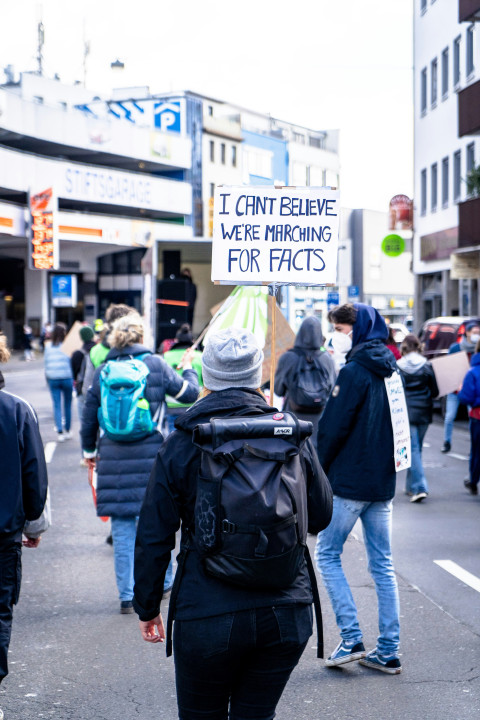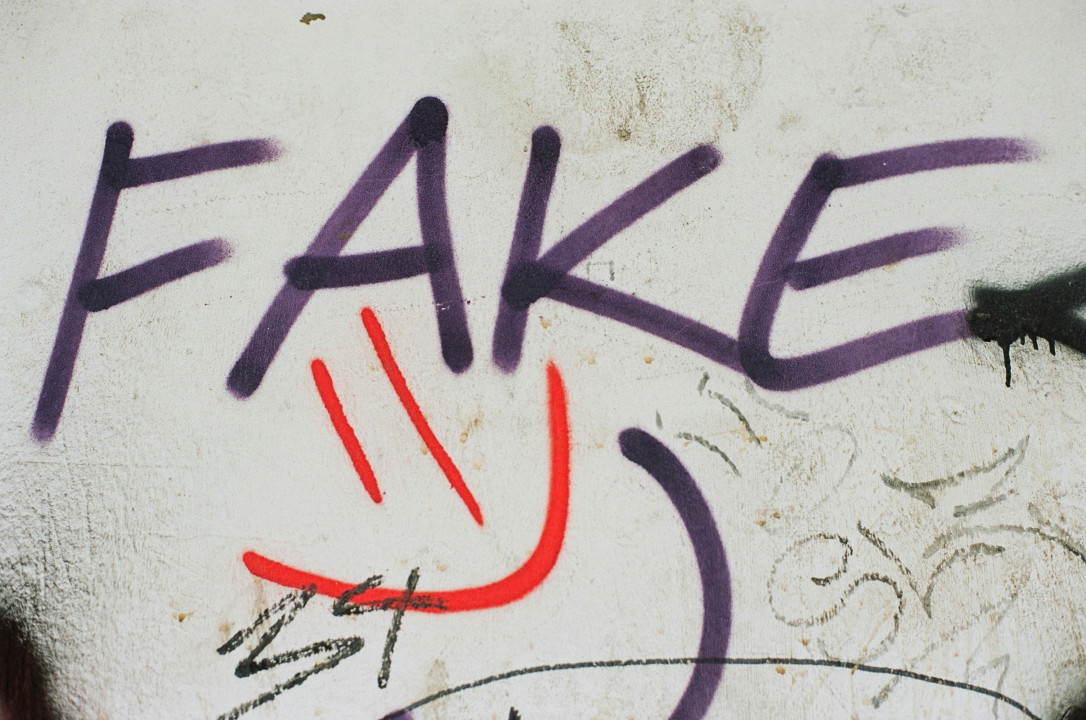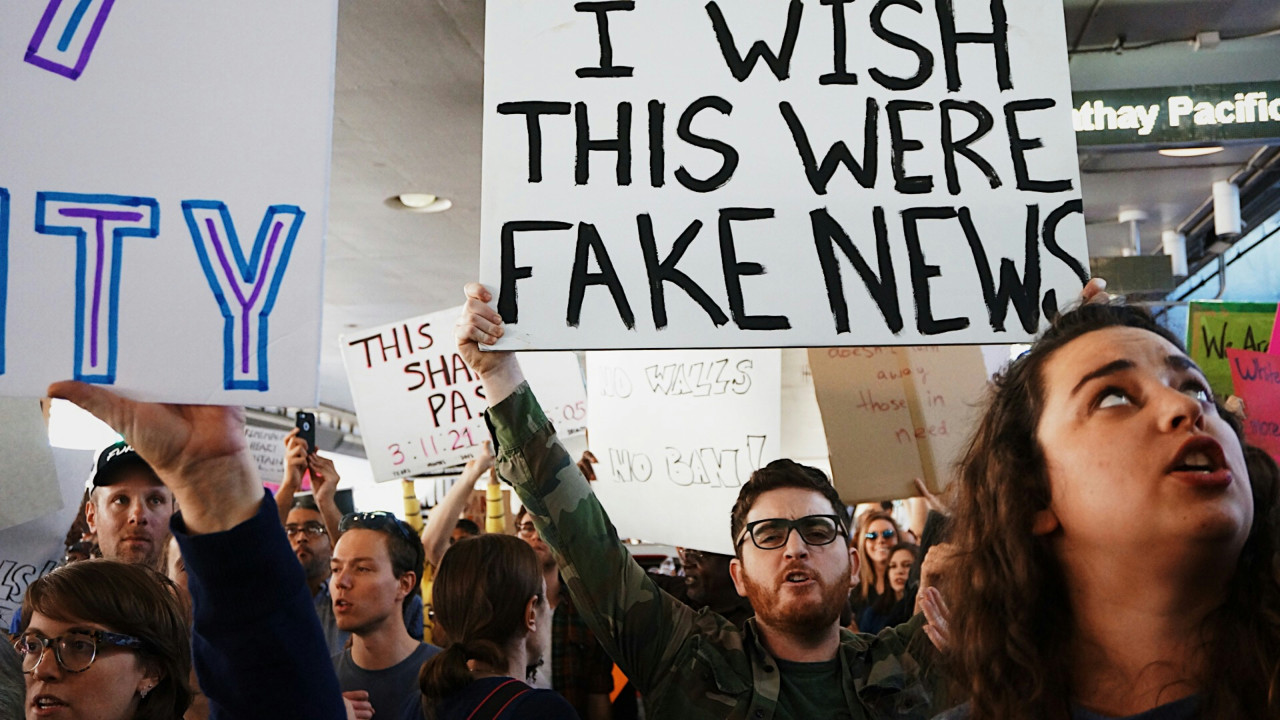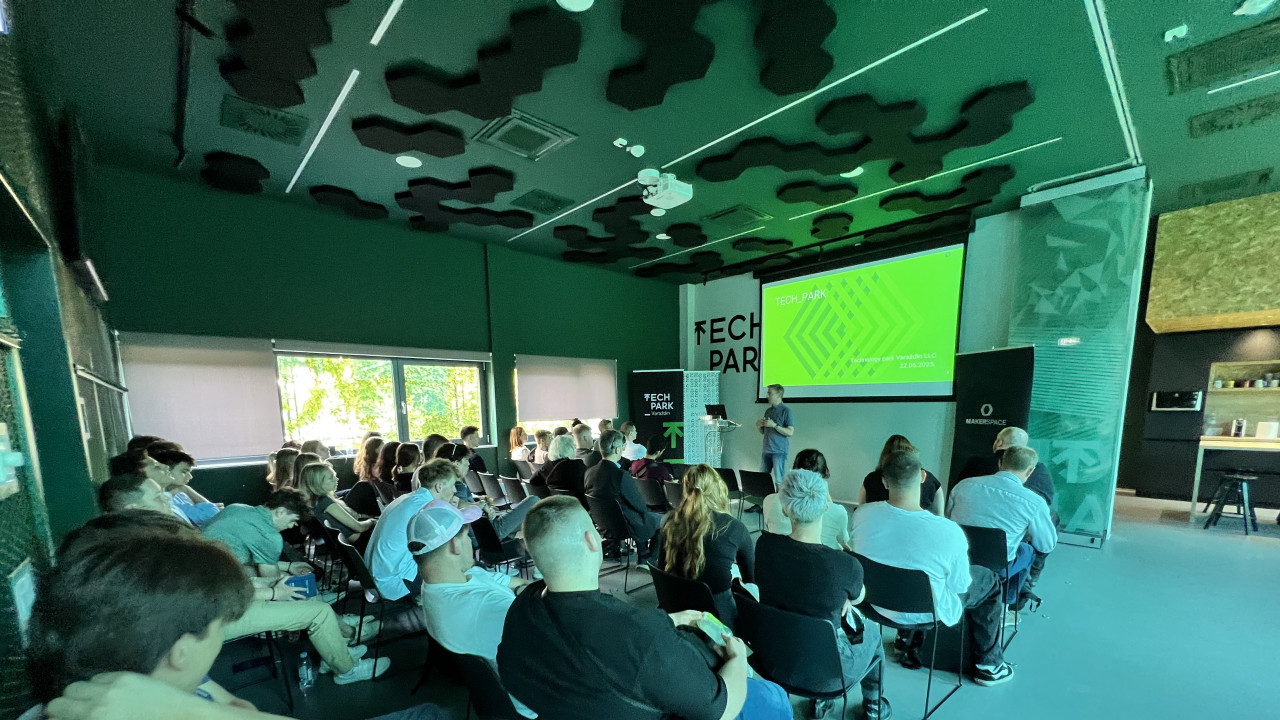In a time when information travels faster than ever before, the spread of disinformation is becoming an increasingly important challenge, not only globally but also in Croatia. Disinformation is inaccurate or manipulative information that is deliberately spread to influence public perception, incite distrust or cause divisions in society. Croatian society is increasingly feeling the consequences of this phenomenon, especially through the media and social networks, which often become the main channels for its dissemination.
According to Eurobarometer, as many as 71% of Croatian citizens believe that they regularly come into contact with fake news, while 81% believe that disinformation poses a serious threat to democracy (Eurobarometer, 2018: ec.europa.eu). This sense of distrust is further expressed in crisis situations, such as the COVID-19 pandemic, when many citizens were exposed to incorrect information about vaccination, treatment and the virus itself. An analysis by the EDMO Center for Croatia and Slovenia showed that thousands of posts containing misleading information were recorded during the pandemic. Many of these posts were among the most shared on social media. In that period, Faktograf.hr verified and refuted hundreds of such contents, which confirmed the high level of coordination and repetition of disinformation narratives (EDMO, 2022: edmo.eu).


In Croatia, disinformation is most often associated with topics such as health, migration, national security and political campaigns. During the presidential and parliamentary elections in 2019 and 2020, attempts to manipulate voters through the distribution of false and sensationalist information were recorded. "Democracy Reporting International" states in its report that there were organized online campaigns that spread unfounded claims without a clearly indicated source (DRI, 2020: https://www.democracy-international.org/annual-report-2020). One of the biggest problems of misinformation is its impact on trust in public institutions. When citizens lose trust in official sources of information, such as health institutions, ministries or scientific bodies, there is a decrease in compliance with public measures, refusal to vaccinate and a spread of distrust in the scientific and political system. Trust in political institutions in Croatia is among the lowest in the European Union. According to the 2023 Eurobarometer, only 13% of citizens express trust in the Parliament and the Government (Eurobarometer, 2023: europa.eu).
Disinformation also affects social cohesion. Vulnerable groups, such as migrants, national minorities or the LGBTQ+ community, are often targeted by manipulative narratives. Such content uses stereotypes and incites fear with the aim of deepening social divisions. Research has shown that content that evokes strong emotions, especially anger and anxiety, is more likely to spread on social networks, which further exacerbates the problem (PMC, 2023: ncbi.nlm.nih.gov).

Several organizations working to combat disinformation operate in Croatia. The most famous of these is Faktograf.hr, which has been analyzing statements by public figures, media articles, and viral online content since 2015. They are part of an international fact-checking network and cooperate with global platforms such as Meta. However, even the best fact-checking is not enough if citizens do not have developed media literacy and critical thinking skills. Solving the problem of disinformation requires more than one approach. Investing in educational programs that will help citizens of all ages better understand how to recognize reliable sources of information is crucial. It is also important to strengthen independent media, ensure transparent communication between public institutions, and develop legislative mechanisms that enable an effective response to the spread of harmful content, while preserving freedom of expression. The European Commission has already taken important steps in this direction through the Action Plan against Disinformation and the new Digital Services Act. In the end, we can say that disinformation poses a serious challenge to democratic society. Its impact is felt not only in the online space, but also in the real lives of citizens, through suspicion, mistrust, and community fragmentation. Croatia, as part of the European and global community, must continue to develop resilience to this challenge through education, responsible media policy, and the active involvement of all societal stakeholders.

